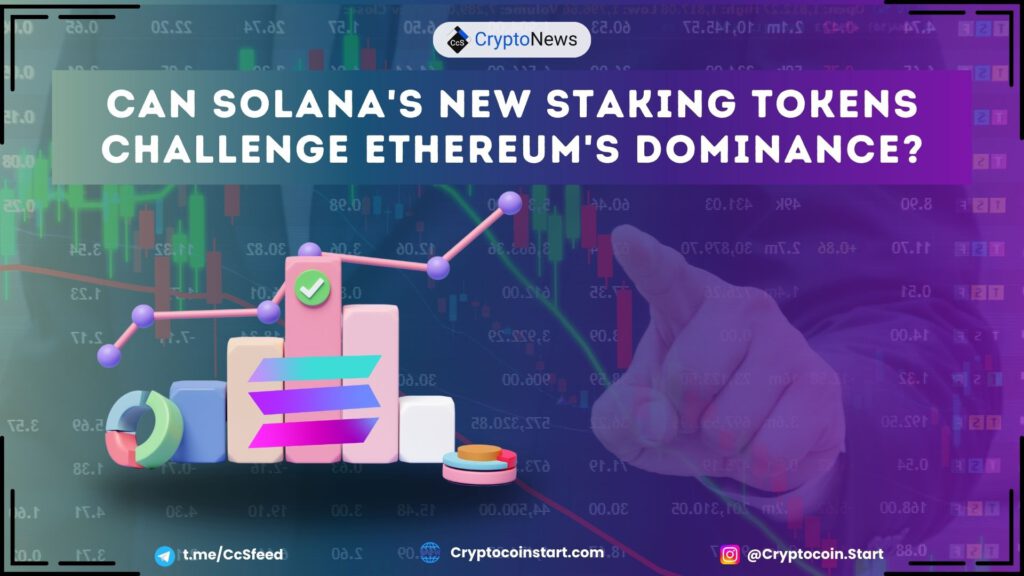
New Developments in Liquid Staking
Binance, Bybit, and Bitget are gearing up to launch new liquid staking tokens (LSTs) on the Solana blockchain. This move aims to diversify activities within the decentralized finance (DeFi) space and offer users enhanced earning opportunities. The introduction of tokens like BBSOL, BGSOL, and BNSOL will enable users to earn returns while securing the blockchain.
Details of the Upcoming Tokens
Here’s what we know about the new liquid staking tokens:
- Binance (BNSOL): Binance will introduce BNSOL, aligning with its strategy to leverage Solana’s growing ecosystem.
- Bybit (BBSOL): Bybit’s token, BBSOL, will serve as a bridge between Bybit’s centralized exchange (CEX) and Web3 platforms, offering users consistent rewards.
- Bitget (BGSOL): Bitget will launch BGSOL, further expanding its DeFi product offerings on the Solana network.
By staking Solana (SOL) through these platforms, users will receive the respective LSTs, which will facilitate earning opportunities across various DeFi activities, including lending and borrowing, while contributing to blockchain security through staking.
Growth and Market Impact
The liquid staking market for SOL has seen significant growth in 2024. The total value locked (TVL) in Solana’s liquid staking ecosystem has more than doubled from $1.9 billion to $3.94 billion. Despite this growth, the $3.9 billion TVL accounts for only 9.6% of the $42.5 billion locked across all liquid staking protocols.
According to recent reports, Ethereum remains dominant in the market with an 83% share. Liquid staking protocols are gaining popularity due to their ability to merge network consensus security with financial flexibility, making them an attractive option for investors.
Benefits for Exchanges and Users
For exchanges, launching LSTs creates a new revenue stream by enhancing product offerings. These tokens allow exchanges to retain Solana balances on their platforms, potentially increasing their control over transaction validation and network influence. Stakers earn rewards, while exchanges benefit from fees associated with staking services.
For example, Binance charges a 10% commission on Ethereum staking rewards through its BETH token, which is the third-largest LST by market capitalization. This fee helps cover operational costs, including hardware and network maintenance for validator nodes.
The introduction of BNSOL, BBSOL, and BGSOL underscores the ongoing evolution of the DeFi space and the strategic moves by major exchanges to capitalize on emerging opportunities within the Solana ecosystem.

